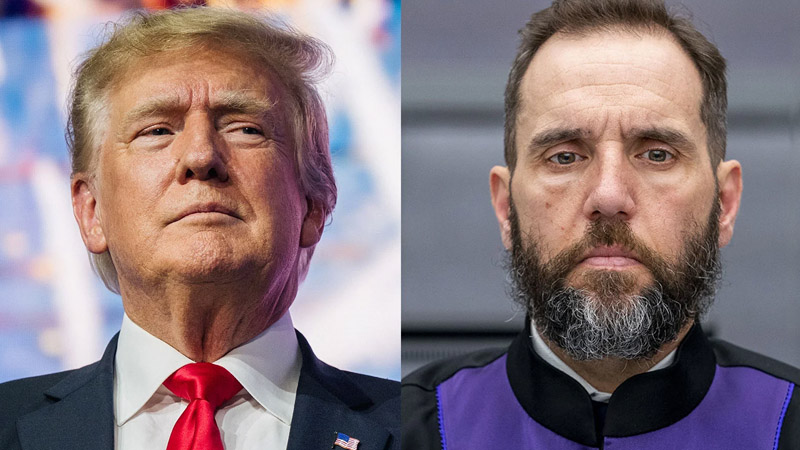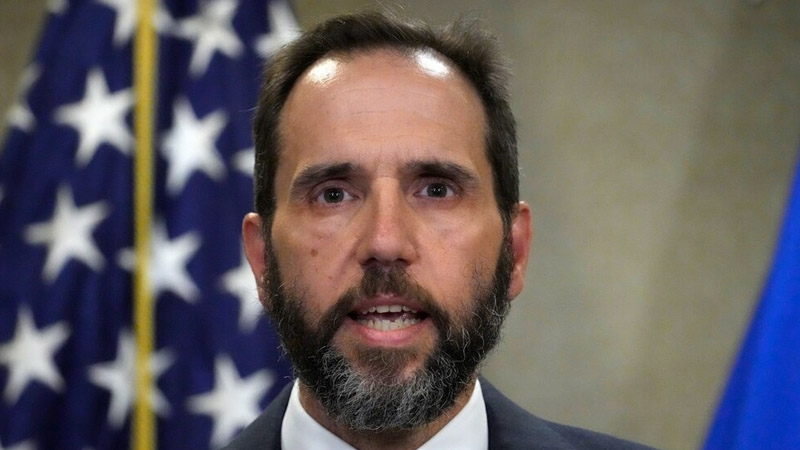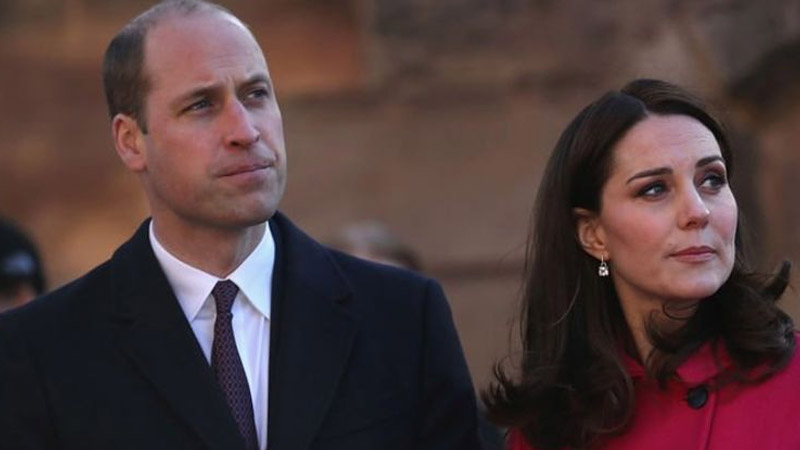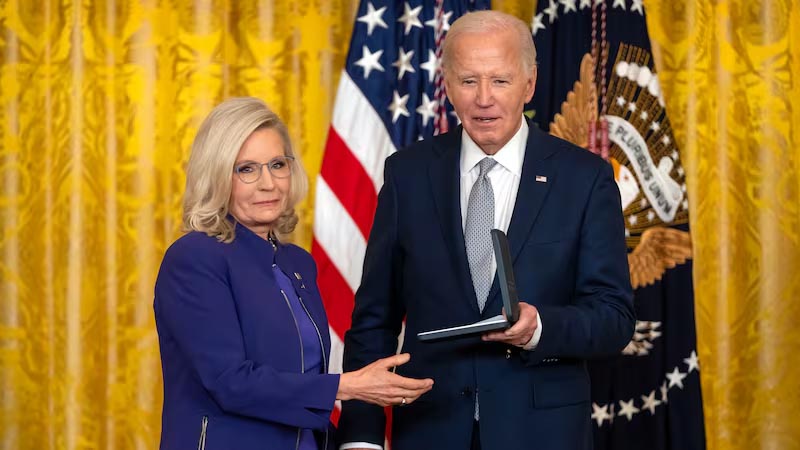Jack Smith Transfers Trump Cases to U.S. Attorney’s Office Amid Legal and Political Challenges

Photos by Chip Somodevilla/Getty Images and Anna Moneymaker/Getty Images.
Special counsel Jack Smith has formally transferred the classified documents case and the election interference case against Donald Trump to the U.S. Attorney’s Office. According to court filings obtained by Politico, Smith announced he was “removing” five Department of Justice attorneys who had been involved in the cases.
The filings mark a significant shift in the handling of these high-profile legal battles. The move comes a little over a month after Smith acknowledged the challenges of prosecuting Trump, particularly in light of his impending return to the White House. Smith had previously noted that Trump’s presidency “will preclude attempts to federally prosecute him for retaining classified documents or trying to overturn his 2020 election defeat.”
This development signals a strategic realignment in the cases that have loomed large over Trump’s legal and political future. The classified documents case revolves around allegations that Trump mishandled sensitive government materials after leaving office. Meanwhile, the election interference case focuses on efforts to overturn the results of the 2020 presidential election, culminating in the January 6, 2021, Capitol riot.

While Smith’s decision to step back from these cases might suggest a shift in strategy, it also raises questions about how the Justice Department will proceed. The involvement of the U.S. Attorney’s Office could indicate a broader approach to handling the politically charged cases or a preparation for potential legal and constitutional hurdles once Trump reassumes the presidency.
Trump has consistently denied any wrongdoing in both cases, framing the investigations as politically motivated attacks designed to undermine his political career. His return to the Oval Office further complicates the landscape, as a sitting president traditionally enjoys immunity from federal prosecution under Department of Justice guidelines.
Smith’s acknowledgment of these challenges underscores the difficulties prosecutors face in navigating the legal complexities of holding a former—and potentially future—president accountable.
As these cases transition to the U.S. Attorney’s Office, the legal and political stakes remain high. The outcomes will not only shape Trump’s political legacy but could also set critical precedents for how future leaders are held accountable under the law. Whether the cases gain new momentum or face further roadblocks remains to be seen.


